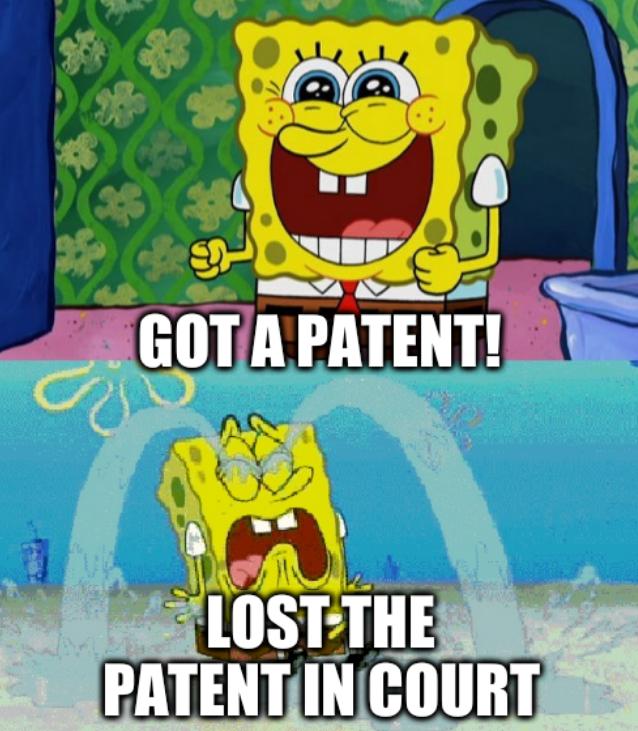

BACK in 2018 we still routinely wrote about software patents in the United States, where a new USPTO Director had been appointed, showing disdain towards 35 U.S.C. ۤ 101 and affinity towards patent trolls. As we argued at the time, there's not much he can do to sway judges and caselaw. If he and his administration still granted software patents, they would mostly be eliminated in the courts.
"Those who want to save the patent system or defend a strong, legitimate system will resist the maximalists, including Team UPC, which shamelessly embraces lies and dirty tricks."Judging by everything we've been reading since then (and shelved in Daily Links; we prefer to focus on European Patent Office (EPO) affairs), our prediction was correct and expectations fulfilled. In a sense, the Patent and Trademark Office became a territory of uncertainty. A recent graph (and amended version of it) from Dennis Crouch shows that the USPTO is just granting loads of junk patents, including software patents. But if one carefully reads what's left of news sites or blogs about patents, these almost never withstand the courts' scrutiny. Almost never.
"If we cannot assure patent quality and facts- or evidence-based patent policy (geared towards health, innovation and so on), we cannot have this system at all."Here in Europe, the UK-IPO and 'geniuses' like António Campinos and Benoît Battistelli (with no background in science) support European software patents, even if courts reject them. As we pointed out this morning, Campinos seems to be resisting the judges at BoA, who don't seem to have a taste for software patents (based on a report from yesterday). What will likely happen is, judges will be pressured to allow patents that courts outside the EPO would almost certainly reject. When a granting authority (office) and legal authority (court) cannot agree on what's patentable it reduces confidence in patents. Who benefits from all this? Not inventors. Maybe the law firms benefit because they don't really care about the fate of pertinent patents as long as they're paid for their time.
Those who want to save the patent system or defend a strong, legitimate system will resist the maximalists, including Team UPC, which shamelessly embraces lies and dirty tricks. Or the types who call patents "rights" and "property" (they're neither and claiming otherwise reveals one's agenda, distorting/twisting the role of monopolies in economics).
Techrights is not and was never against patents; it's pro-patent quality. If we cannot assure patent quality and facts- or evidence-based patent policy (geared towards health, innovation and so on), we cannot have this system at all. Think about it. ⬆